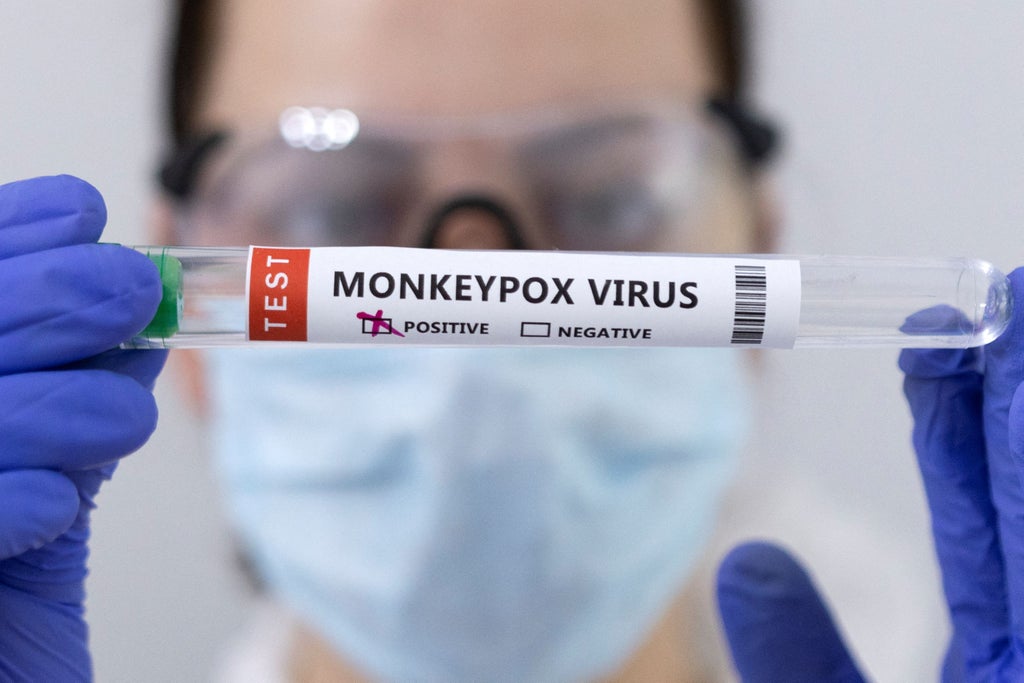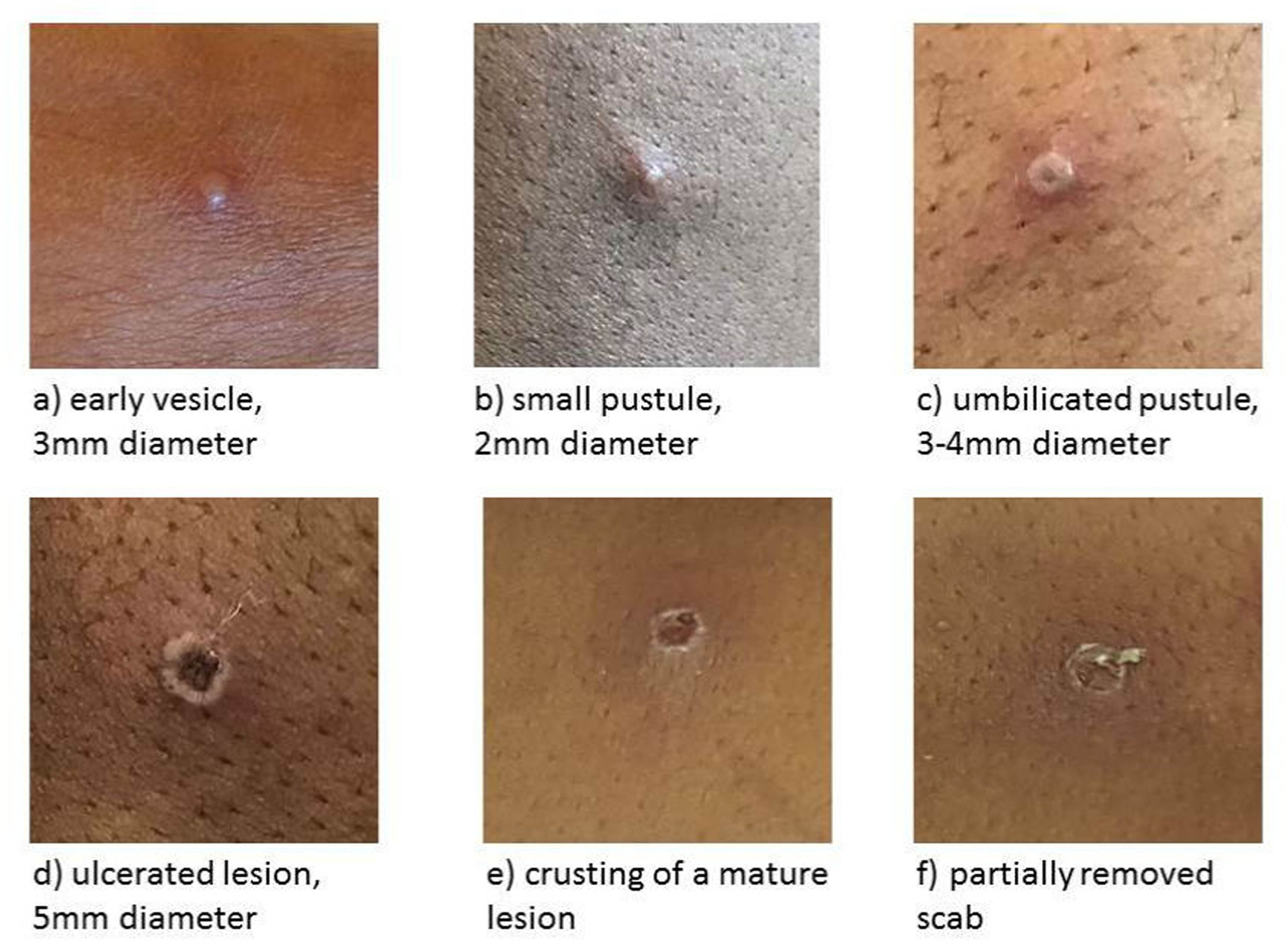
Finland has identified a “highly likely” first case of monkeypox in the country, the Helsinki hospital district said in a statement on Wednesday.
The hospital district on Wednesday found that a man, who had returned from a trip to another European country, had an infection caused by an orthopoxvirus. By the end of the week, the man will know for sure whether it is monkeypox.
“The patient that is currently at home has blisters and a high fever but otherwise he is feeling well,” the hospital district said.
The World Health Organisation (WHO) has described monkeypox as a viral zoonosis – a virus transmitted to humans from animals – with symptoms similar to those seen in the past in smallpox patients, although it is clinically less severe.
Monkeypox which primarily occurs in central and west Africa, often in proximity to tropical rainforests, has been rising across Europe and elsewhere.

French health minister Brigitte Bourguignon told RTL radio on Wednesday the number of confirmed monkeypox cases in France has risen to five, from three earlier in the week.
France’s health authority said earlier this week that it recommended those at-risk who have been in contact with a patient with confirmed monkeypox, should be vaccinated.
WHO said vaccines used during the smallpox eradication programme would protect against monkeypox. Newer vaccines have been developed of which one has been approved for prevention of monkeypox.
In the UK, the UK Health Security Agency (UKHSA) has detected 14 additional monkeypox cases in England. Public Health Scotland confirmed on Monday it had identified one monkeypox case.
The latest cases bring the total number of cases confirmed in England since 7 May to 71, as of 24 May.
Additional reporting by agencies







